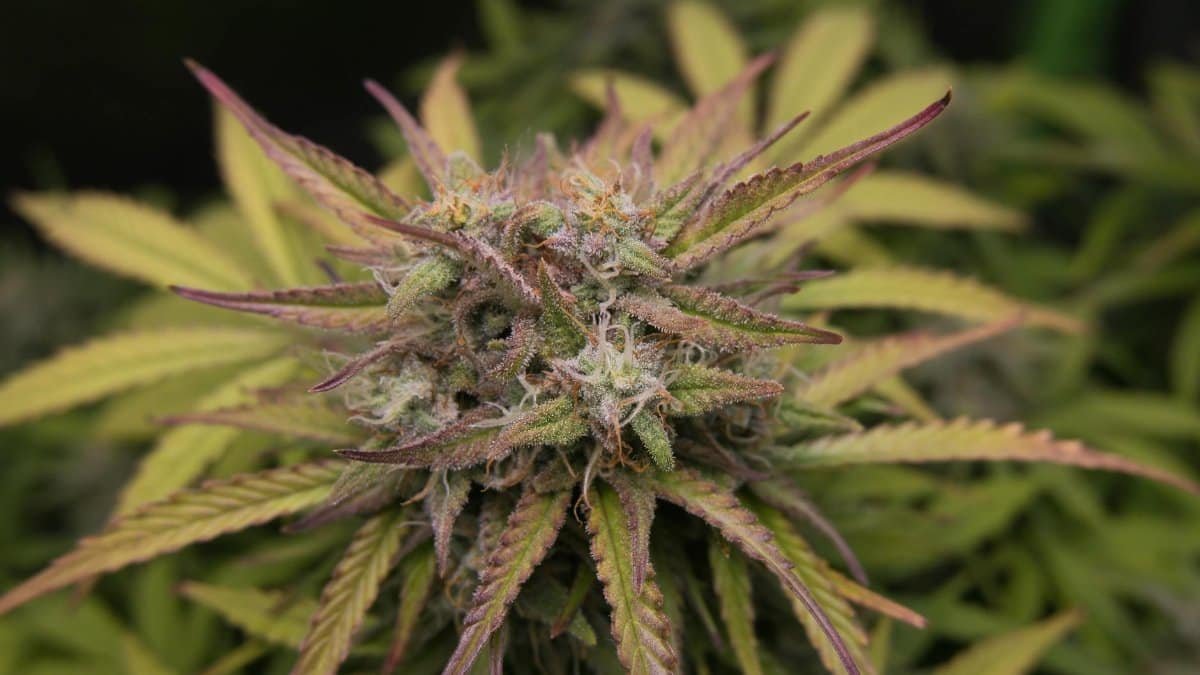When Jake McWink suffered a devastating stroke in 2019, he never imagined that psychedelic mushrooms would play a pivotal role in his recovery. Yet, this Denver resident credits psilocybin with helping him reclaim his life, inspiring him to become a licensed psilocybin facilitator in Denver by early 2025. His story shines a spotlight on the growing acceptance of psychedelic therapies in Colorado, where alternative treatments are carving out a space in the healthcare landscape. As the state opens doors to regulated psychedelic healing, McWink’s journey offers a glimpse into a transformative trend.
A Stroke and a Search for Healing

In 2019, Jake McWink faced a life-altering challenge when a stroke left him struggling with physical and emotional recovery. Traditional therapies, while helpful, fell short of providing the progress he desperately sought. Frustrated by slow results, McWink began exploring unconventional options. He stumbled upon research and personal accounts suggesting that psilocybin—the active compound in psychedelic mushrooms—could aid in neurological recovery. With cautious optimism, he decided to try it, embarking on a path few in his situation had considered at the time.
Psilocybin as a Turning Point

For McWink, the experience with psilocybin was nothing short of revelatory. He describes the therapy as a catalyst that helped him process trauma from the stroke and regain mental clarity, which in turn supported his physical rehabilitation. While he acknowledges it wasn’t a cure-all, McWink firmly believes the psychedelic sessions unlocked a level of healing that conventional methods couldn’t touch. His personal breakthrough reflects emerging evidence on psychedelics’ potential to address neurological and psychological challenges, a field gaining traction across the U.S.
From Patient to Practitioner

Inspired by his own transformation, McWink felt compelled to help others access similar benefits. He dedicated himself to rigorous training, preparing to guide individuals through safe, therapeutic psilocybin experiences. By early 2025, his efforts paid off as he earned his license as a psilocybin facilitator in Denver. His transition from patient to practitioner highlights a personal mission to support others facing recovery hurdles, whether from physical ailments like strokes or mental health struggles often resistant to standard care.
Colorado’s Psychedelic Therapy Rollout

McWink’s licensing comes at a pivotal moment for Colorado. On December 31, 2024, the state officially began accepting applications for psychedelic therapy facilitators, marking a significant step toward regulated access. Healing centers, where facilitators like McWink will operate, are slated to open by mid-2025, offering supervised environments for psilocybin therapy. This development positions Colorado as a leader in integrating alternative treatments into mainstream healthcare, responding to growing public interest and scientific curiosity about psychedelics’ therapeutic potential.
Growing Acceptance of Alternative Treatments

The rise of facilitators like McWink underscores a broader shift in Colorado’s healthcare landscape. Once stigmatized, psychedelic therapies are gaining legitimacy as research mounts and public attitudes evolve. Studies, such as those summarized by the Johns Hopkins Medicine Psychedelics Research Center, suggest psilocybin may help with conditions ranging from depression to post-traumatic stress disorder. In Colorado, this acceptance is evident as policymakers and medical professionals work to establish safe, regulated frameworks for these treatments.
Potential for Neurological Recovery

McWink’s story also draws attention to psilocybin’s specific promise in neurological recovery. While research is still in early stages, preliminary findings indicate that psychedelics might promote neuroplasticity—the brain’s ability to reorganize and form new connections. Resources from the National Institutes of Health highlight how such properties could benefit stroke survivors like McWink. As more data emerges in 2025, Colorado’s new healing centers may become testing grounds for these innovative approaches.
Challenges Ahead for Facilitators

Despite the optimism, becoming a psilocybin facilitator in Denver isn’t without hurdles. Facilitators must navigate strict regulations to ensure safety and efficacy, balancing individual needs with legal and ethical standards. For McWink, the responsibility of guiding vulnerable clients through intense experiences weighs heavily. As Colorado’s program rolls out, facilitators will need ongoing training and public trust to establish psychedelic therapy as a credible option, especially for those who, like McWink, have exhausted traditional routes.
A Personal Mission in a Changing Landscape

For Jake McWink, his role as a licensed facilitator is more than a job—it’s a calling born from personal struggle. As Colorado prepares to launch its healing centers in 2025, his story serves as a powerful reminder of why alternative therapies are gaining ground. With each session he guides, McWink aims to offer others the hope and healing he found, contributing to a movement that could reshape recovery options for countless individuals across the state and beyond.
